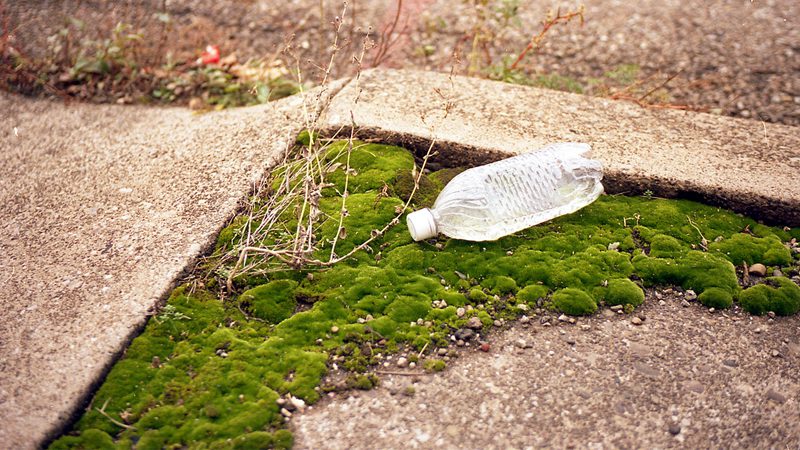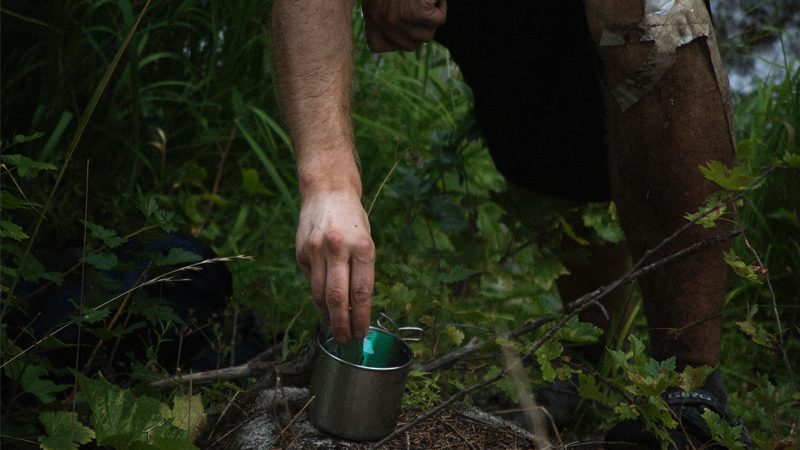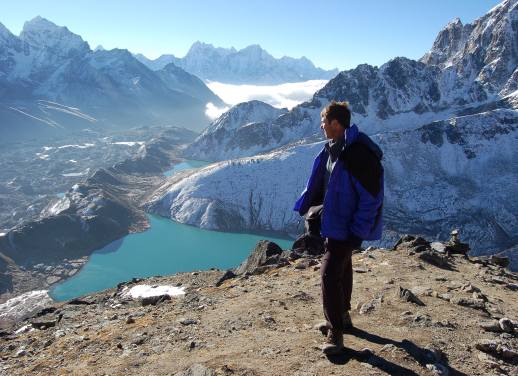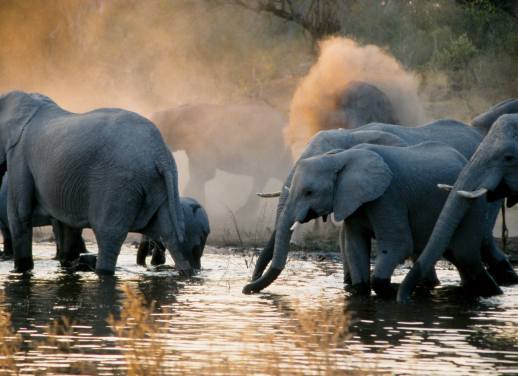Bottled water is an easy habit to get into, but one that makes absolutely no sense when you sit down and think about it.
It’s a product that you can essentially get for free almost anywhere in the world, and it’s slowly choking the environment many of us travel to see in the first place. 2.7 million tonnes of the stuff a year ends up in landfill and our oceans, endangering wildlife and polluting habitats. The simple act of pumping, packaging, transporting and chilling bottled water uses hundreds of thousands of barrels of oil and generates tonnes and tonnes of greenhouse gases. All for a product priced at about 1000x cost price.
We’ve partnered with international NGO TAP (that’s Travellers Against Plastic) to stamp out plastic bottle use wherever we find it. Here’s how to kick the plastic habit and travel responsibly.
Our tips for kicking the bottled water habit
1. Buy a Steri-Pen
A Steri-Pen is a small, light-eight device that cleans dirty water with ultraviolet light. These are readily available and only cost between $65 and $140 (which averages out to about .01cents per bottle filtered).
2. Bring a portable canteen
It’s easy to find good quality canteens now in most major stores. Look for a solid metal one with good insulation (it’ll keep those drinks colder) or a plastic one that’s fully recyclable. Top it up from local fountains and taps, particularly in Europe, the UK and America.
3. Try a filtration cup
If you’re going somewhere like India or rural South America, where the water quality is a bit suspect, try a filtration flask. They’re like a fancy canteen or coffee press that separates the impurities from the water.
4. Use water filtration tablets
Many outdoor shops stock a big range of water filtration tablets. They’re pretty easy to use – just drop one in your water bottle and wait about 30 minutes – voila! Clear, fresh, drinkable water.
5. Recycle. Recycle. Recycle
If you slip up and buy bottled water, that’s okay. We’ll still love you. But just make sure you recycle it when you’re done. Choosing the right bin can be the difference between that bottle being recycled and spending the next 700 years (no joke) floating in our oceans.
Some stats on using plastic bottles
- It takes 24 million gallons of oil to produce a billion plastic water bottles.
- A plastic bottle will take over 700 years to decompose
- 90% of ocean trash is plastic.
- Bottled water costs about 2-4 times the cost of petrol, and yet we can get it for free virtually anywhere.
For more info on TAP and everything they do, check out their homepage.
Feature image c/o Katie Chao, Flickr






